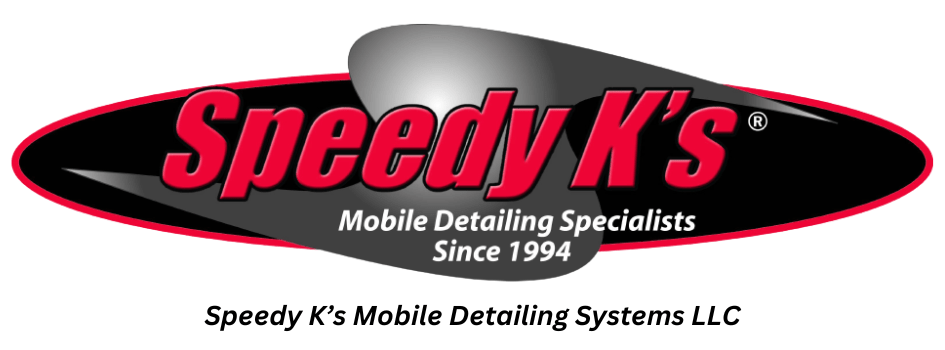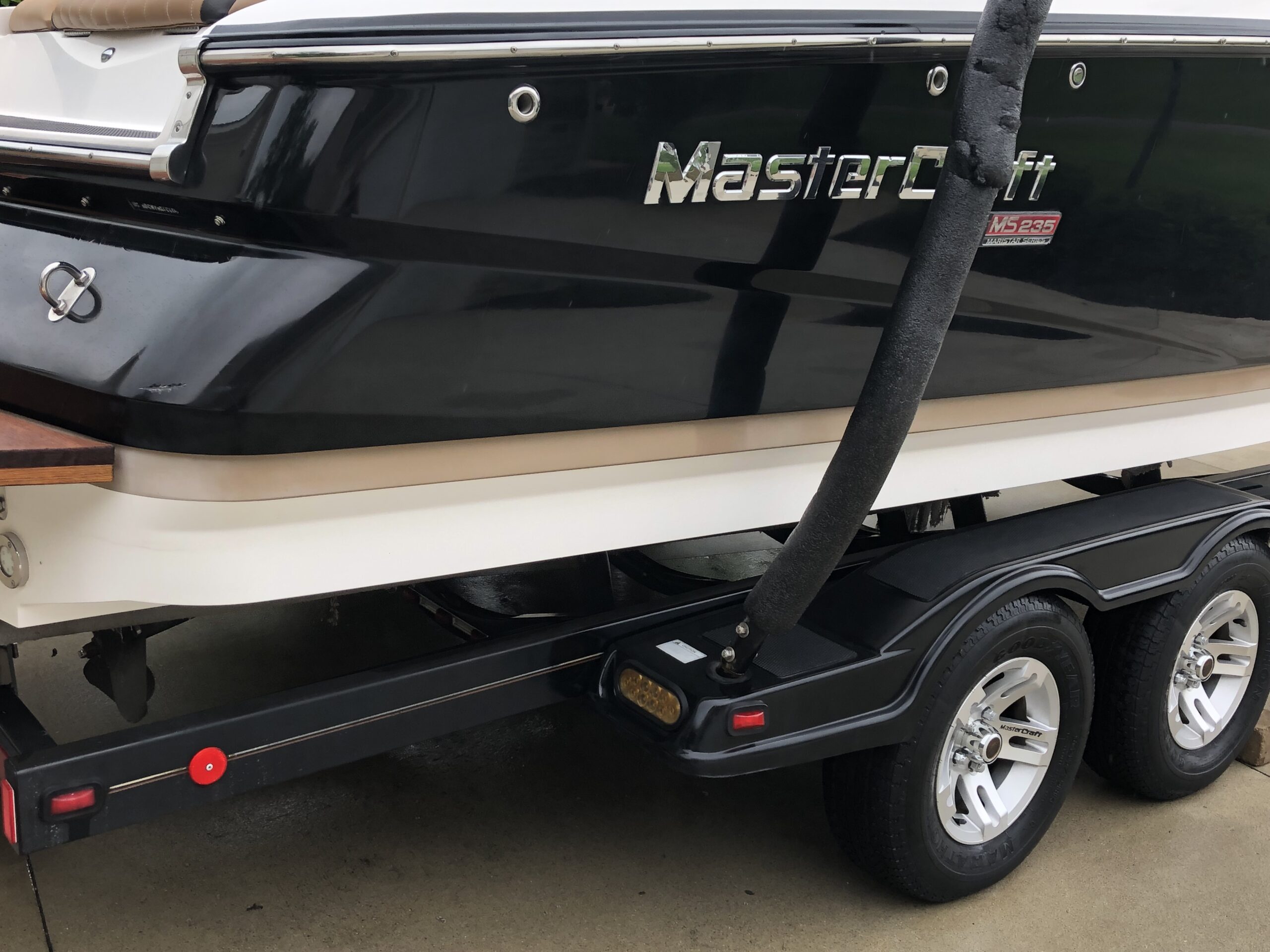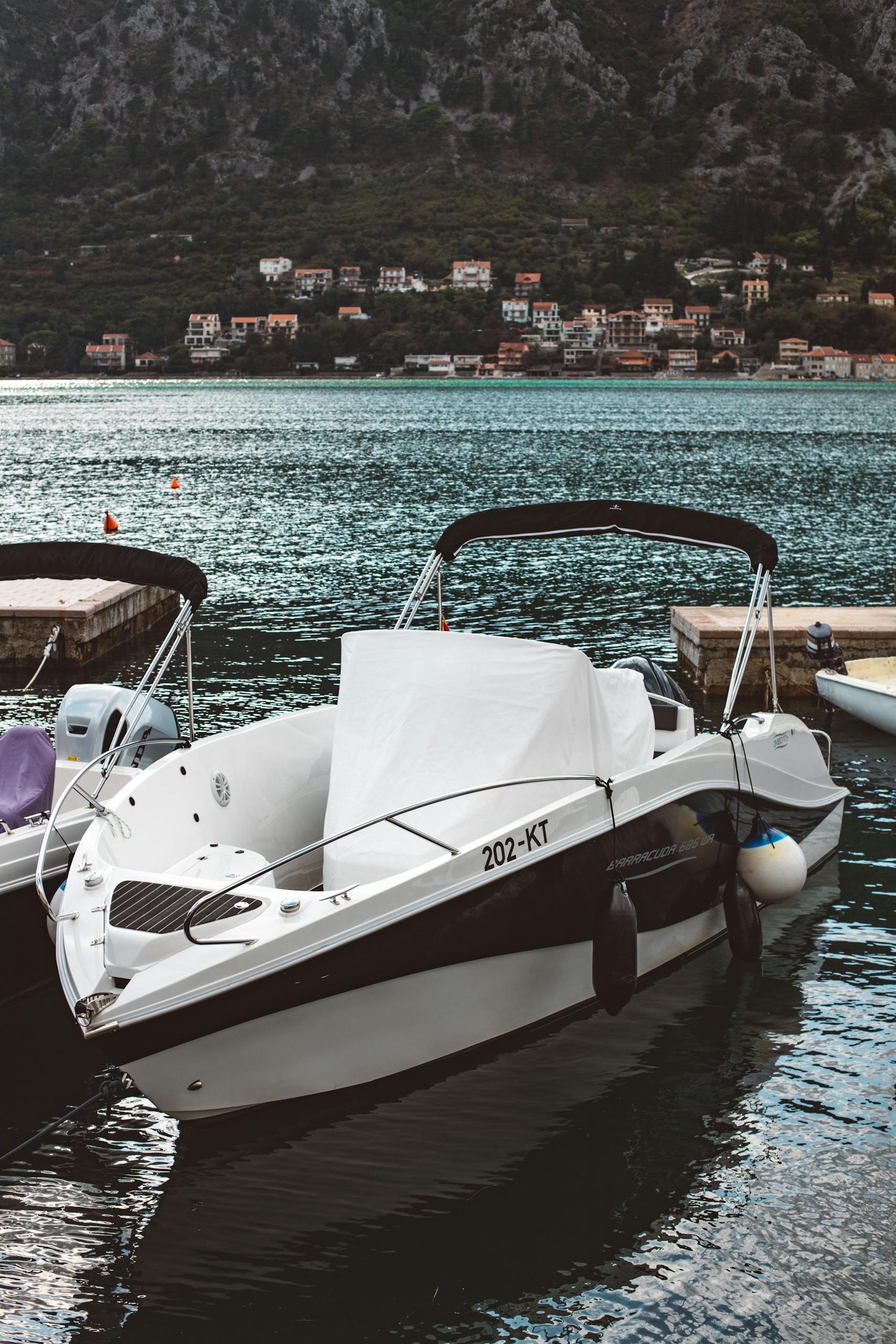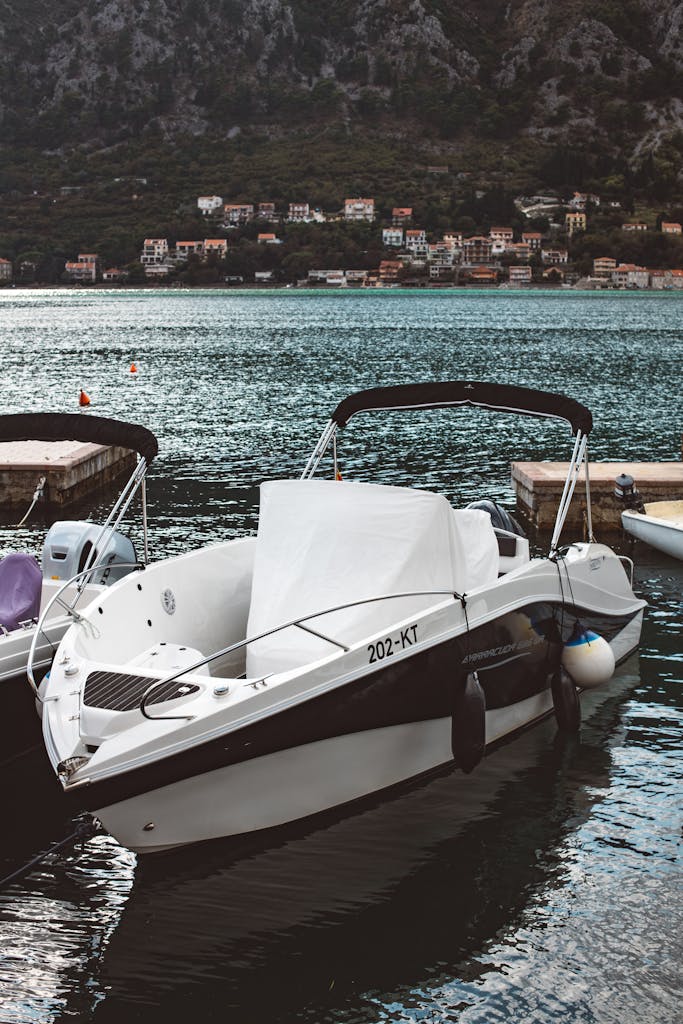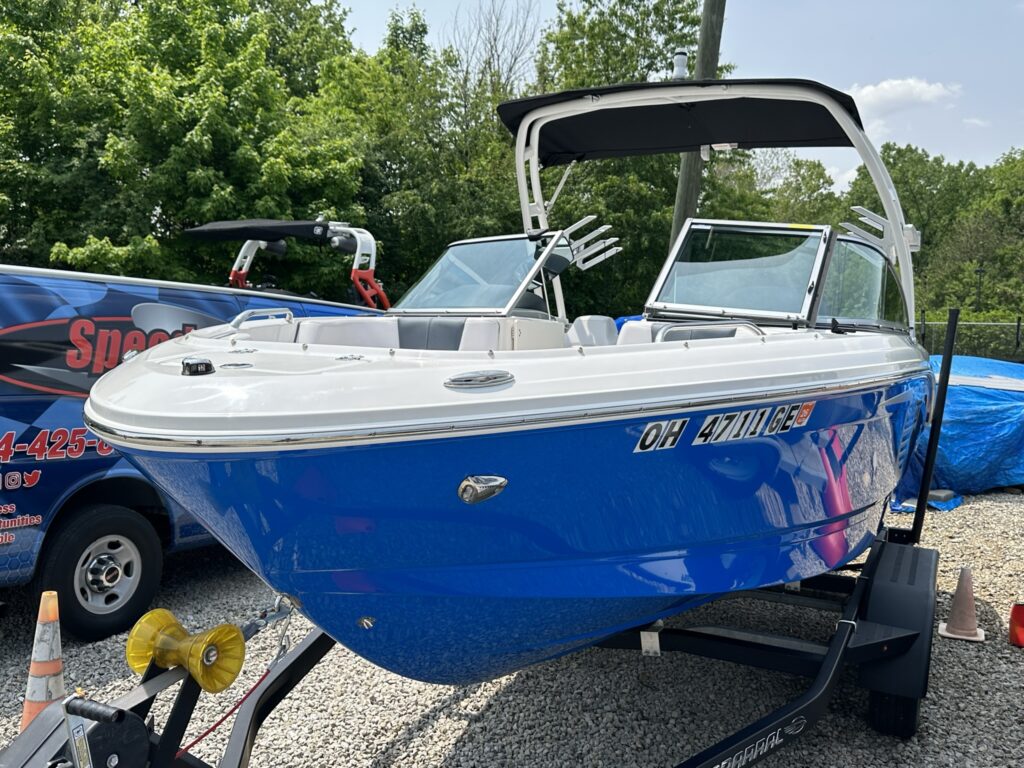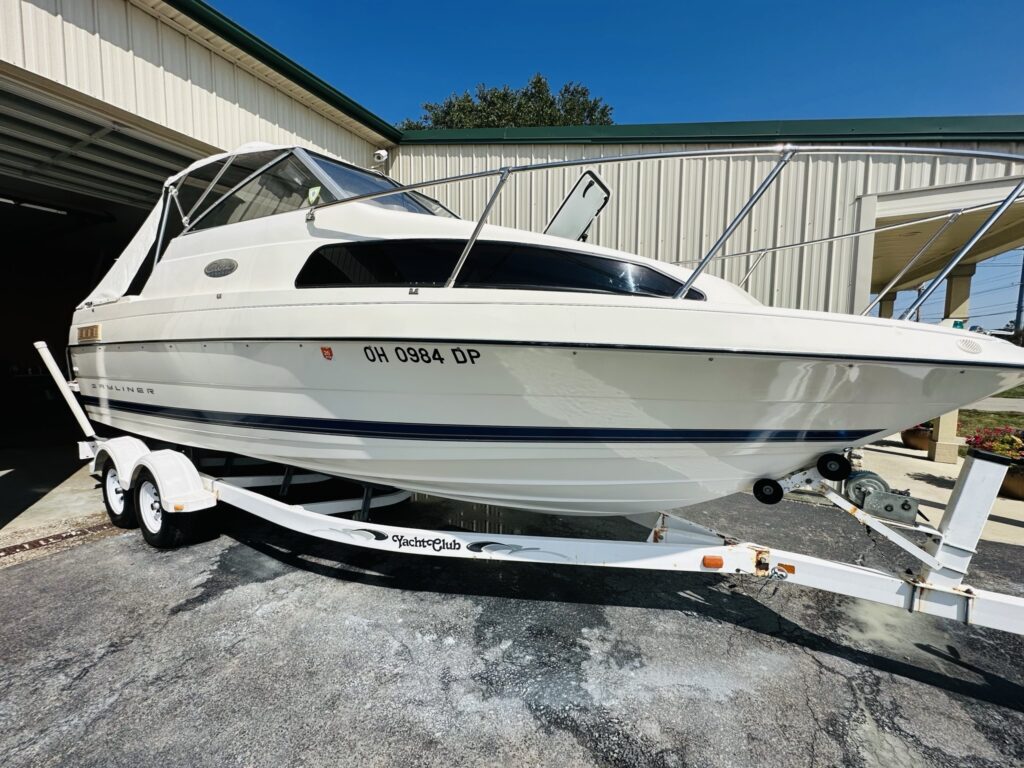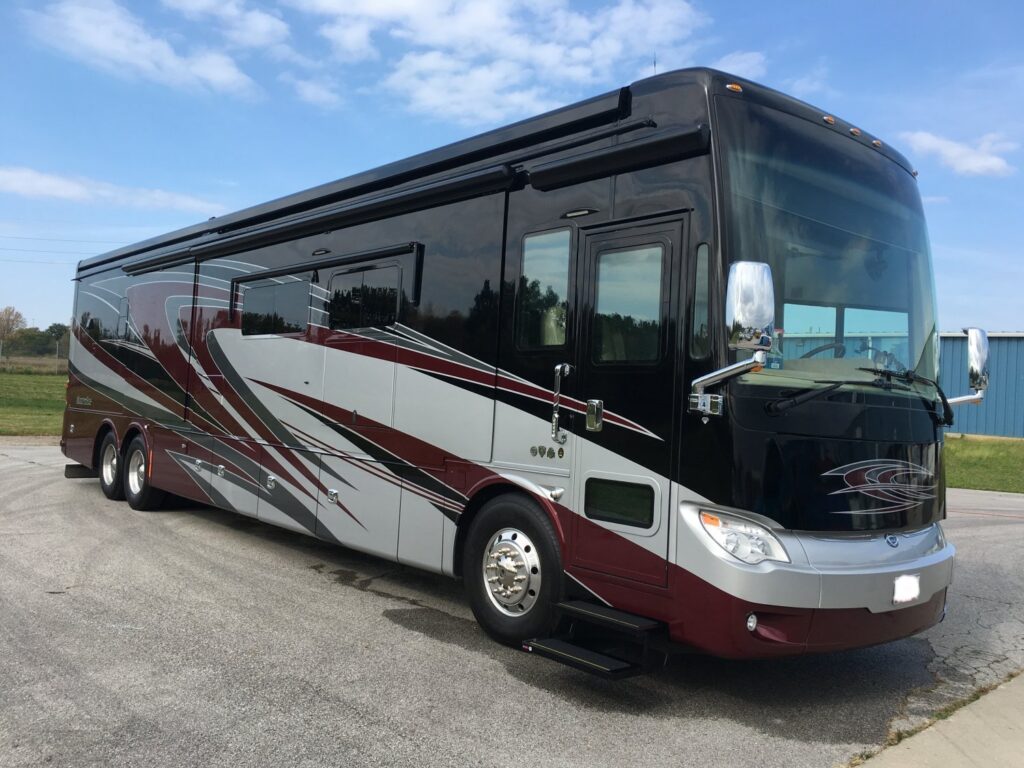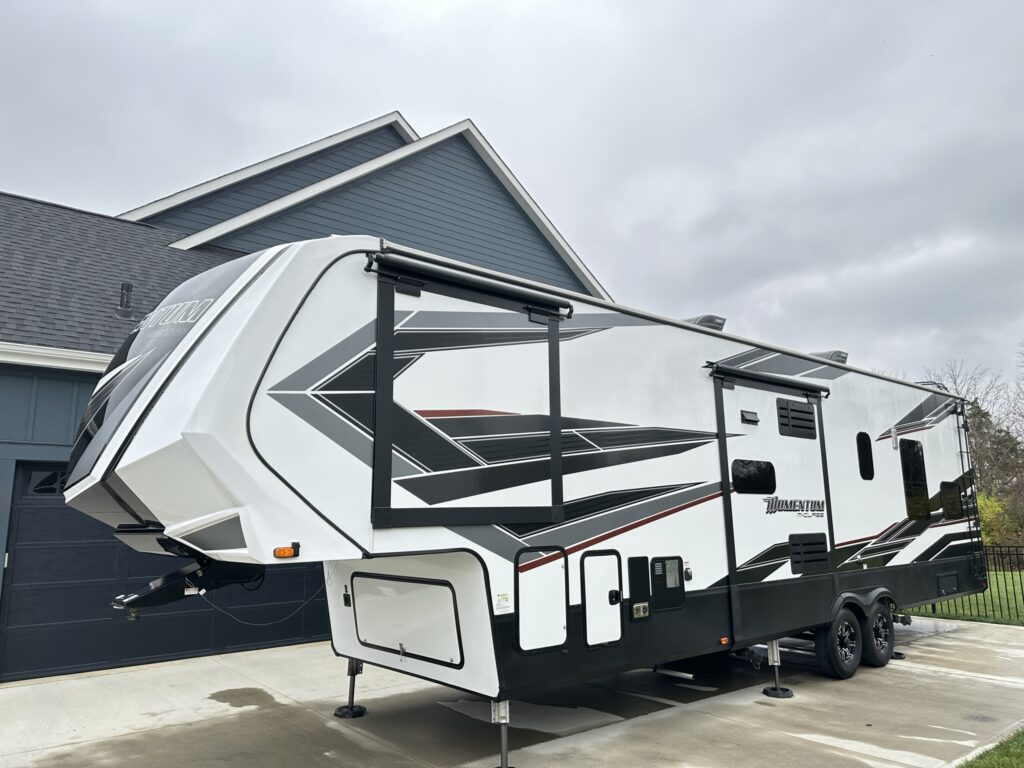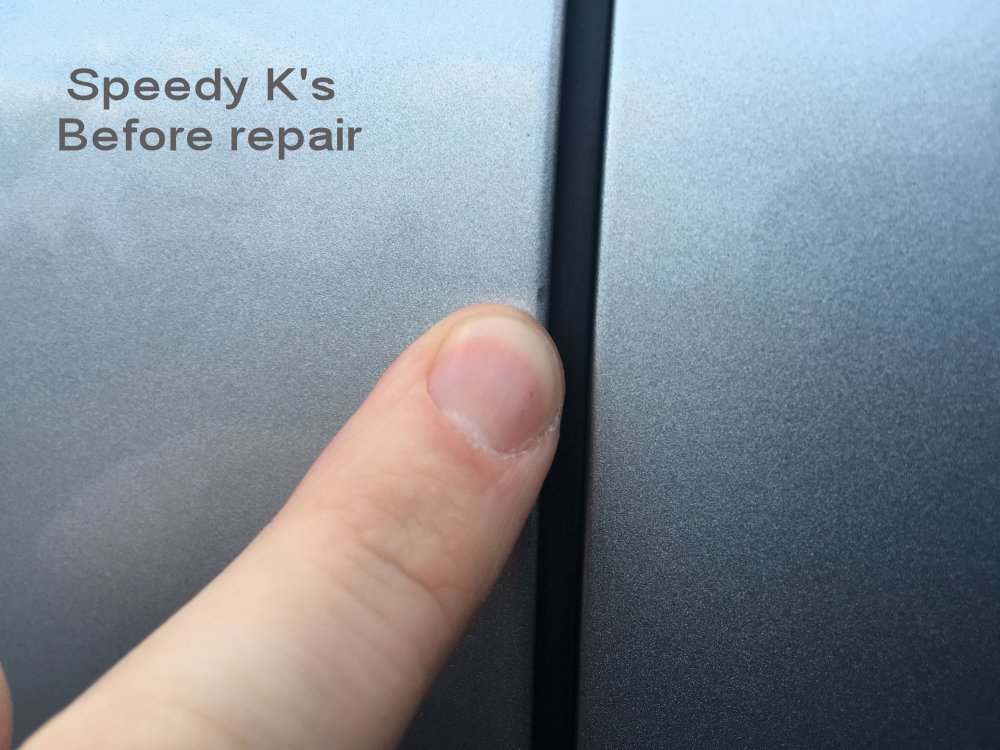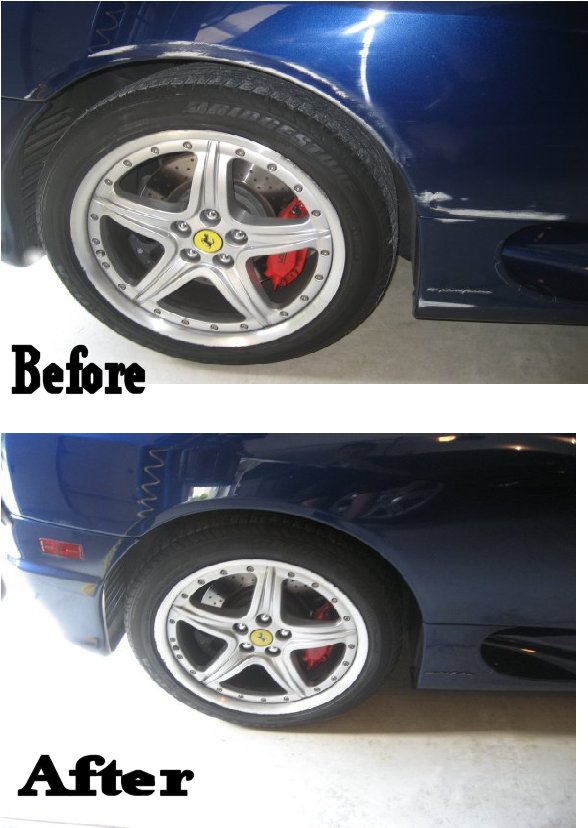How to Restore Faded Gelcoat on a Boat
- How to Restore Faded Gelcoat on a Boat
- Understanding Gelcoat and Its Degradation
- Can Faded Gelcoat Be Restored?
- Step-by-Step Guide: How to Restore Faded Gelcoat on a Boat
- How to Bring Gelcoat Back to Life?
- Common Mistakes to Avoid
- Can I Spray Gelcoat Over Old Gelcoat?
- Boat Detailing in Columbus You Can Count On
- Products You Might Need
- Final Thoughts
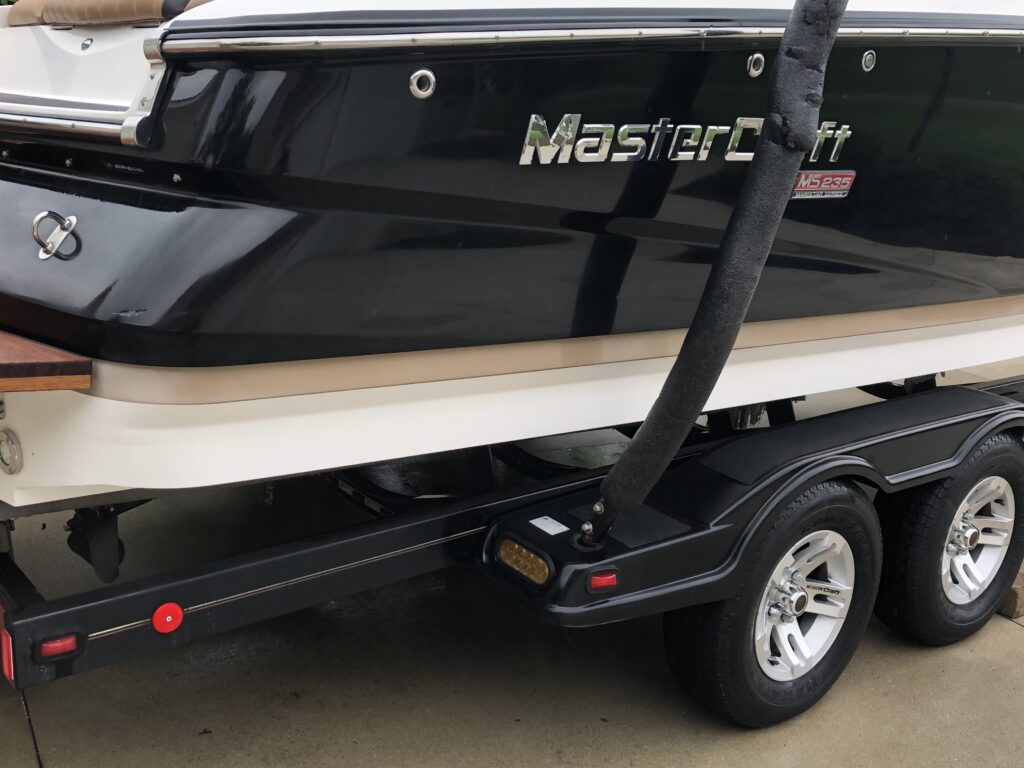
A gleaming boat hull isn’t just about aesthetics—it’s a testament to diligent care and maintenance. Over time, exposure to sun, salt, and water can dull your boat’s gelcoat, leaving it chalky and faded. Restoring that showroom shine is achievable with the right approach and tools.
Understanding Gelcoat and Its Degradation
Gelcoat is the outermost layer on a fiberglass boat, providing a glossy finish and protecting the underlying structure. However, prolonged exposure to UV rays, saltwater, and environmental pollutants can cause oxidation, leading to a dull and faded appearance.
Can Faded Gelcoat Be Restored?
Absolutely. While severe degradation might require professional intervention, most faded gelcoats can be revitalized through a systematic process of cleaning, sanding, compounding, and waxing. The key is to assess the extent of the damage and choose the appropriate restoration method.
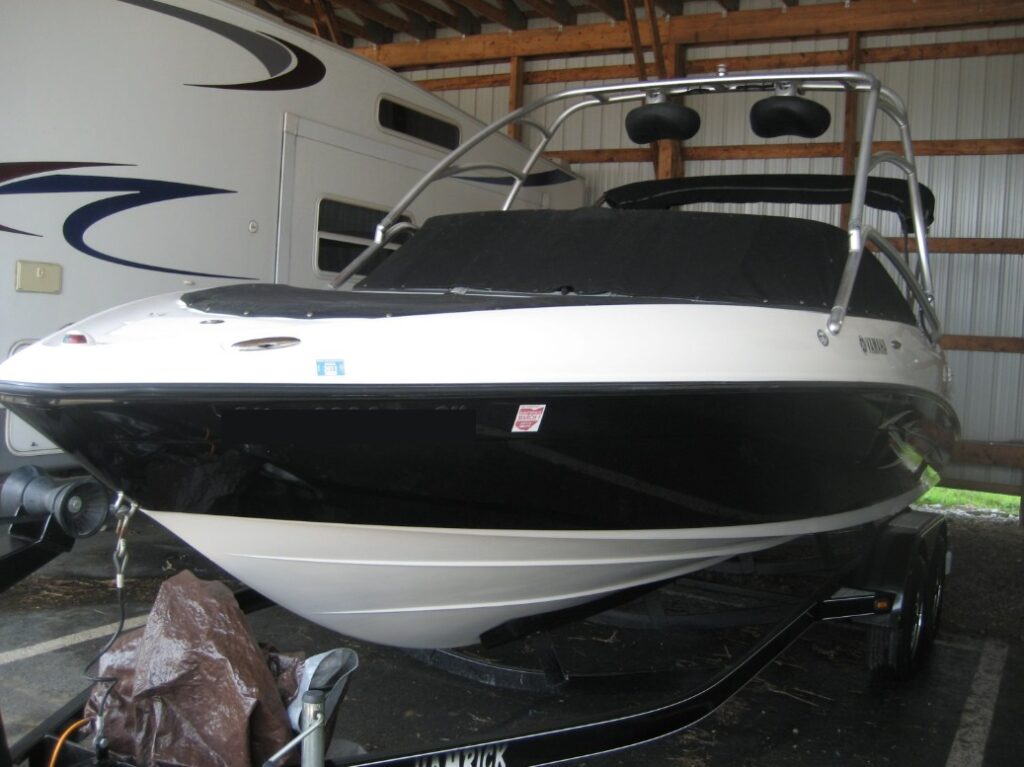
Step-by-Step Guide: How to Restore Faded Gelcoat on a Boat
1. Thorough Cleaning
Begin by washing the boat with a marine-grade soap to remove dirt, grime, and salt residues. For stubborn stains or mildew, a mixture of water and a boat-safe cleaner will help lift the grime.
2. Assess the Level of Oxidation
Light oxidation appears slightly chalky but still shows some shine. Moderate oxidation looks dull and powdery. Heavy oxidation is extremely faded and rough to the touch. Identifying this will determine how aggressive your restoration steps should be.
3. Wet Sanding (If Necessary)
If your gelcoat has deep oxidation or surface imperfections, wet sanding may be needed. Use 800 to 1200 grit sandpaper with water and gently sand in circular motions. Always test a small area first to avoid over-sanding.
4. Rubbing Compound Application
Apply a high-quality marine rubbing compound using a dual-action buffer or by hand with a microfiber cloth. This step removes oxidation and smooths the surface. Work in small sections and wipe clean with a soft towel.
5. Polishing
After compounding, use a marine polish to restore gloss and depth to the gelcoat. A foam pad on your buffer will give the best results. This brings back that deep, wet shine.
6. Waxing for Protection
Finish with a UV-resistant marine wax. This seals the gelcoat, protecting it from future sun damage and oxidation. Reapply wax every 3–6 months, depending on use and exposure.
How to Bring Gelcoat Back to Life?
Bringing faded gelcoat back to life requires a mix of patience, elbow grease, and the right tools. The transformation can be dramatic. Most oxidation is only surface-deep, and once removed, the gelcoat underneath still retains its strength and color.
If you’re not comfortable doing this yourself, we recommend reaching out to professionals who offer Boat Detailing Services. They use commercial-grade products and tools that make the process faster and safer for your vessel.
Common Mistakes to Avoid
- Skipping the compounding step: Polish alone won’t remove oxidation.
- Using household cleaners: These can damage gelcoat or leave residue.
- Working in direct sunlight: Always work in a shaded area to prevent products from drying too fast.
- Over-sanding: Be conservative. Too much sanding can cut through the gelcoat.
- Neglecting future protection: Without wax or sealant, your boat will fade again quickly.
Can I Spray Gelcoat Over Old Gelcoat?
Technically, yes. You can spray new gelcoat over old gelcoat if the surface is properly prepped. However, this process is complex and often best left to professionals. The surface must be sanded thoroughly, cleaned, and sometimes primed. This isn’t the same as painting—it’s a full resurfacing process.
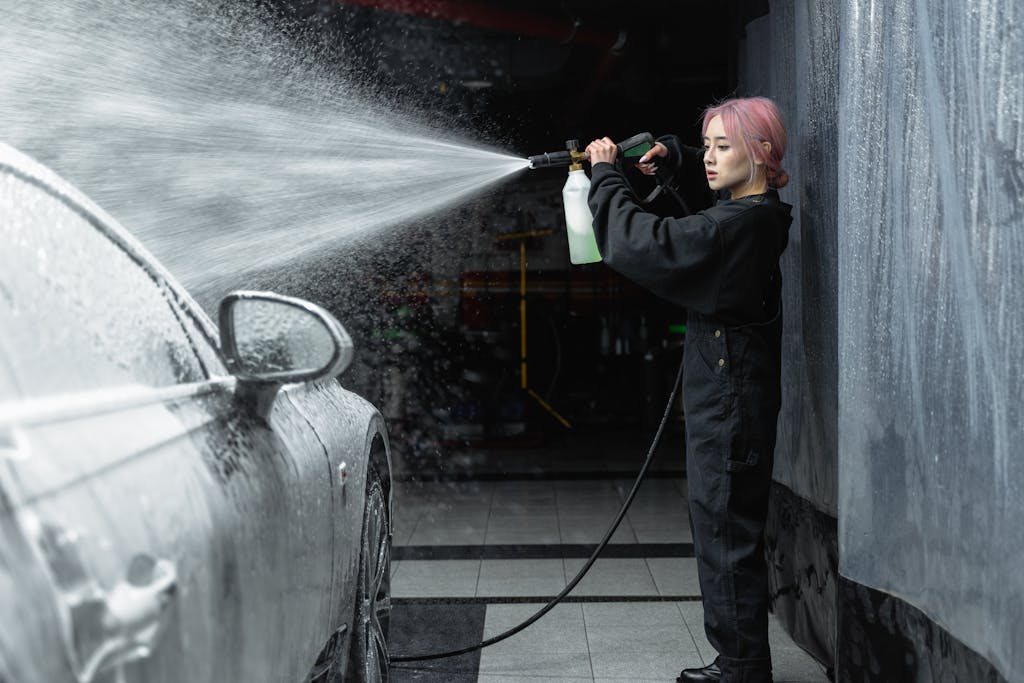
If you’re thinking about going this route, weigh the costs and time. In many cases, restoring your existing gelcoat through sanding, compounding, and polishing is a better option.
Boat Detailing in Columbus You Can Count On
If you’re located in Ohio, Boat Detailing in Columbus is available through Speedy K’s. With over 25 years of experience, we come directly to your location—whether your boat is docked at Alum Creek or parked at your house. Our mobile boat detailing services handle everything from oxidation removal to ceramic coating.
Want to know what it might cost before you begin? Read our guide: How much does a full boat detail cost for a 25-foot boat?
Products You Might Need
- Marine soap
- Oxidation remover / Rubbing compound
- Polish
- UV-protectant marine wax
- Dual-action buffer
- Microfiber towels
- Sandpaper (800–1200 grit)
Final Thoughts
Knowing how to restore faded gelcoat on a boat is more than just a cosmetic concern. It’s about preserving your investment and extending the lifespan of your vessel. The process requires effort, but the results are undeniably rewarding. Whether you do it yourself or hire professionals, a revived gelcoat finish adds value and pride to your boating experience.
